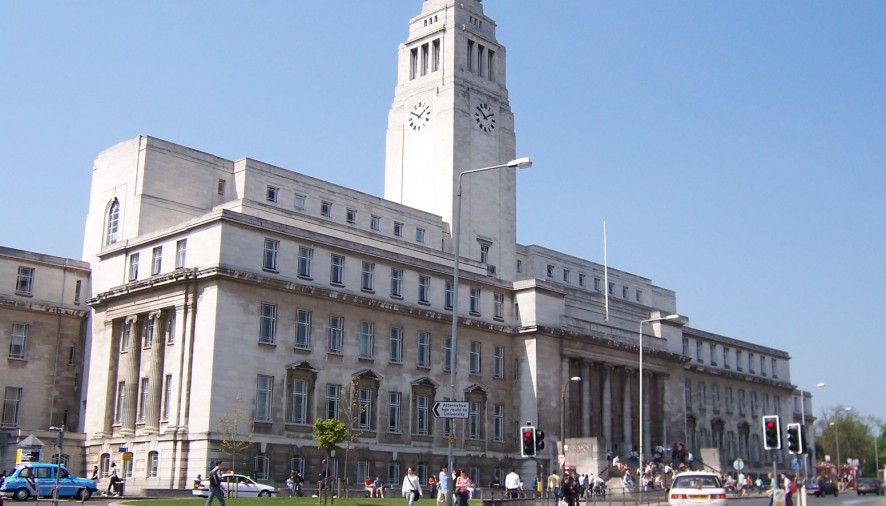The University of Leeds was recently pleased to announce that it will be offering Sanctuary Scholarships for forced migrants to the UK, in an effort to make a university education more accessible for asylum seekers and refugees.
The scholarship, which applies to eligible students intending to complete an undergraduate, postgraduate or research degree from September 2018, aims to cover the cost of tuition fees, as well as awarding £10,000 towards living costs for a maximum of three years.
These scholarships are not limitless, however. The University stated that “there are a limited number of scholarships available. Those who meet the eligibility criteria can apply and successful applicants will be chosen using a set of selection criteria. Successful applicants will not have to repay any of the money they receive through the scholarship.”
To be able to be considered eligible for the scholarship, you must be a forced migrant to the UK (displaced due to political, economic, or environmental pressures etc.). You must be unable to access mainstream funding from the likes of Student Finance, and you must also provide a supporting reference from a trusted independent source.
Applicants must also have the residency status of one of the following: An Asylum seeker making a claim within the UK for refugee status; a refugee unable to access funding from Student Finance; a person who has been granted limited leave to remain in the UK due to having been a trafficked person or an unaccompanied asylum seeking child who has reached majority age. Those who are dependents of any of these stated groups will also be considered eligible for the scholarship.
The scholarship is awarded on the understanding that students will continue to have immigration status that allows them to study for the duration of their course. If the student’s immigration permission changes at anytime during their degree in a manner that meant they were not permitted to study, the scholarship would be cancelled.
The Sanctuary Scholarships mark a positive step towards transforming university campuses into safe, accessible, and less privileged spaces for all.
Robbie Cairns

